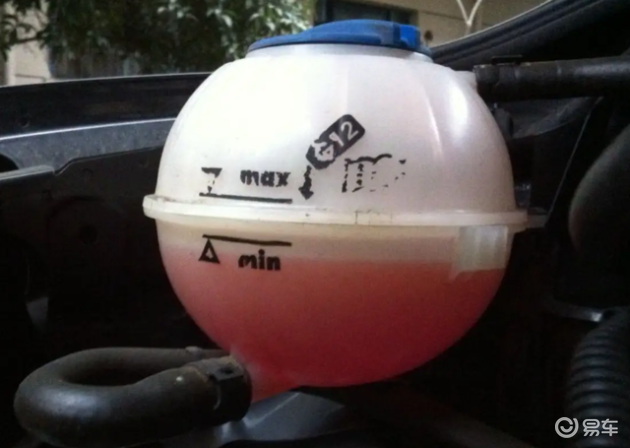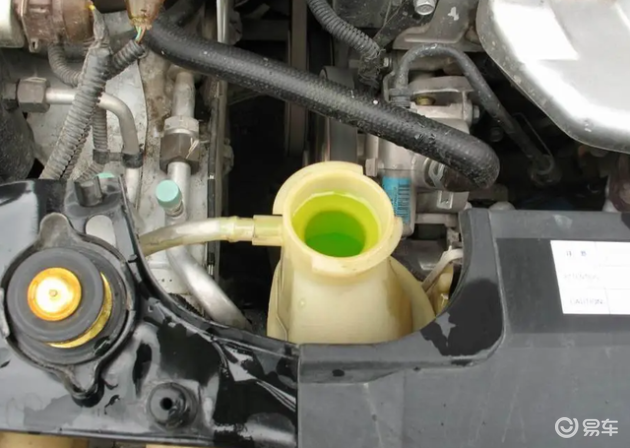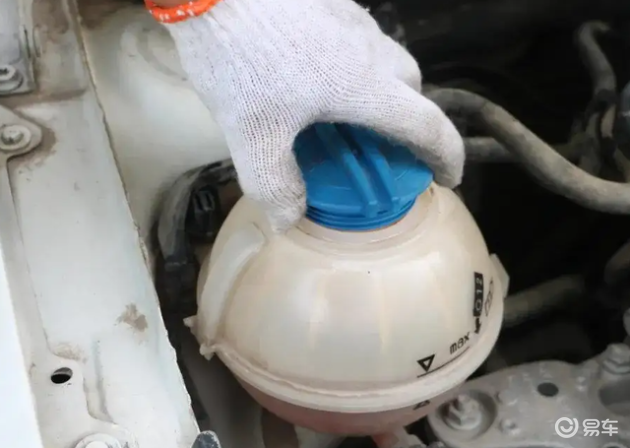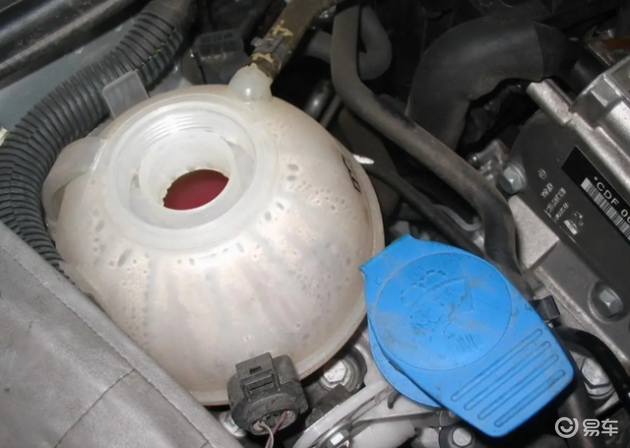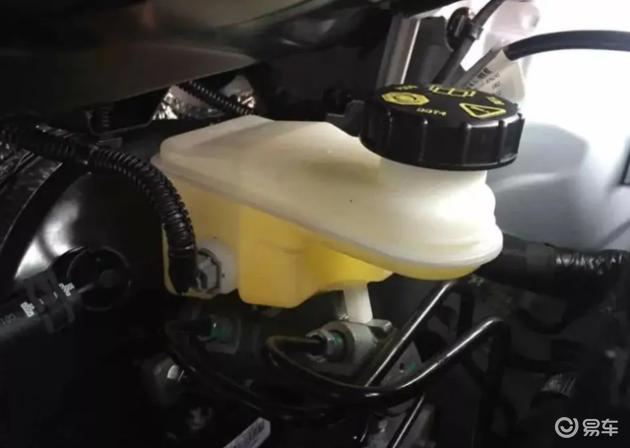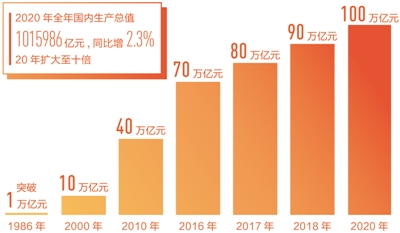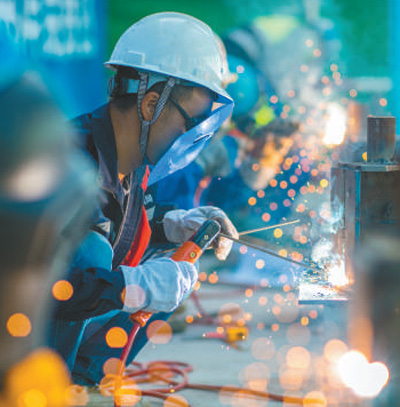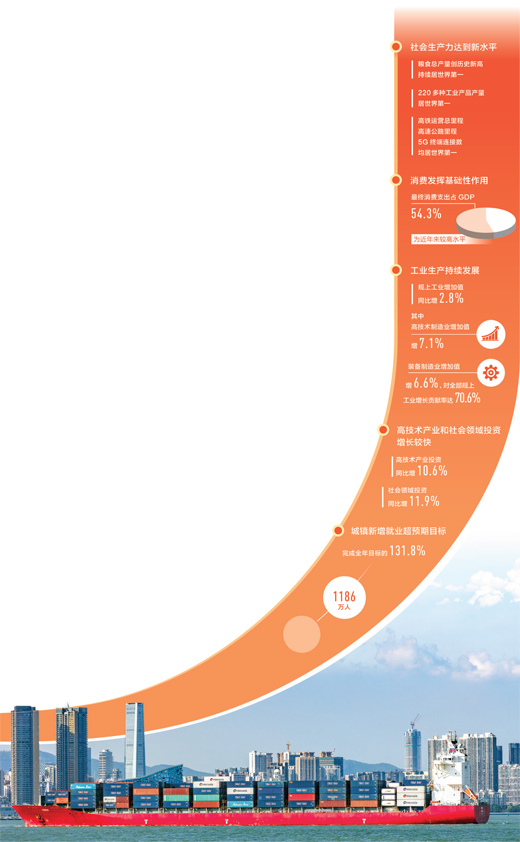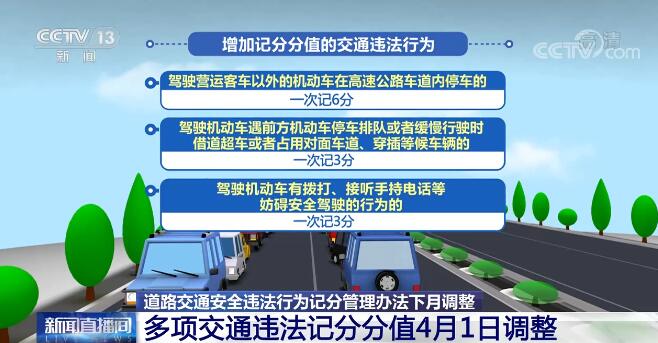Wan Jinbo: Promoting the deep integration of scientific and technological innovation and real economy
When attending the deliberation of the Inner Mongolia delegation at the Fourth Session of the 13th National People’s Congress, General Secretary of the Supreme Leader pointed out: "innovation chain should be deployed closely in the industrial chain and supply chain, and the support capacity of science and technology should be continuously improved". Recently, General Secretary of the Supreme Leader stressed during his investigation in Fujian: "We should adhere to the core position of innovation in the overall situation of modernization, regard innovation as a national policy, and actively encourage and support innovation." The new journey of the "14th Five-Year Plan" has begun. To achieve a historic leap from big to strong, the most important thing is to take innovation as the basic national policy, enhance the ability of supporting science and technology, and open up a development channel from strong education, strong talents, strong science and technology to strong industry, strong economy and strong country.
Improve the support ability of science and technology
Entering a new development stage, implementing new development concepts, building a new development pattern, promoting high-quality development, creating a high-quality life, and starting a new journey of building a socialist modern country in an all-round way have put forward more urgent needs for accelerating scientific and technological innovation, especially original innovation and source innovation. From factor-driven and efficiency-driven to innovation-driven, we must be guided by the national strategic needs, promote the optimal combination of innovation systems, and systematically improve the scientific and technological support capabilities. Appropriately ahead of the layout of major national science and technology infrastructure, the implementation of key core technology research projects and industrial base reconstruction projects, through research and development, design and production, distribution, circulation, consumption, and enhance the independent and controllable ability of the industrial chain supply chain. Relying on science and technology and innovation to cultivate and expand new kinetic energy and shape new advantages for development.
Accelerate the construction of a strategic scientific and technological force led by the national laboratory. Give full play to the role of important scientific research institutes, key research universities and innovative leading enterprises as "national teams". Focus on the layout of a number of basic discipline research centers. Reorganize the State Key Laboratory to form a key laboratory system with reasonable structure and efficient operation. Optimize and upgrade the layout of innovation bases such as National Engineering Research Center and National Technology Innovation Center. Support the development of new research universities and new research and development institutions. Encourage innovative leading enterprises to form innovative consortia and expand the integration channels for Industry-University-Research. Support qualified places to build international and regional scientific and technological innovation centers and comprehensive national science centers, and enhance the innovation-driven role of national independent innovation demonstration zones, high-tech industrial development zones and economic and technological development zones. Promote scientific research institutes, universities and enterprises to optimize the allocation of scientific research forces and share resources, and improve the overall efficiency of innovation chain.
Select the right direction of scientific and technological innovation
Strategic judgment is the key to a good first move. Basic research is the source of scientific and technological innovation, and we should pay equal attention to free exploration and goal orientation. Curiosity-driven basic research is more driven by the evolution of knowledge and disciplines, and it needs to create a stable and relaxed scientific research environment. Pratt & Whitney supports outstanding scientists, especially young scientists, to focus on really important scientific issues with the spirit of "grinding a sword for ten years", and to continue to explore in basic frontiers and key core areas, striving for original breakthroughs and emerging more world-class scientists. The basic research driven by major scientific and technological issues is more driven by the national strategic needs and the needs of economic and social development. It is necessary to concentrate superior forces to tackle key problems, comprehensively use innovation policies and industrial policies to guide and standardize innovation activities, and work together to play a good role in the governance mechanism of "a government, an effective market and an orderly society" to enhance the overall efficiency of scientific and technological innovation and scientific and technological governance.
Give full play to the role of the state as an organizer of major scientific and technological innovations. We will improve the consultation mechanism for scientific and technological decision-making, strengthen the strategic planning, system design and forward-looking layout of scientific and technological innovation and innovation development, clarify the priority areas and strategic priorities of scientific and technological innovation, and "do great things, grasp the major, grasp the cutting edge and grasp the foundation." Coordinate the deployment of basic research and key common technologies, cutting-edge leading technologies, modern engineering technologies and subversive technological innovations, and identify the breakthrough points and breakthroughs. We should not only aim at the basic frontier to carry out the original innovation from 0 to 1, but also focus on the application requirements to organize key core technology research. As far as the support of scientific and technological innovation leads to the construction of modern industrial system, it is necessary to cultivate strategic emerging industries and future industries, such as new generation information technology (artificial intelligence, quantum information, integrated circuits, etc.), biotechnology (life and health, brain science, biological breeding, etc.), new energy, new materials, high-end equipment, new energy vehicles, green environmental protection, aerospace (space science, aerospace technology, etc.), deep sea, etc. It is also necessary to expand investment in manufacturing equipment renewal and technological transformation, increase new infrastructure construction, enrich application scenarios, and transform and upgrade traditional industries, such as the deep integration of "5G network+","big data+"and "artificial intelligence+"with traditional industries.
Concise scientific and technological innovation tasks
The selection of scientific research topics is the primary problem in scientific and technological work. Major scientific and technological plans and projects are important carriers for major scientific and technological research tasks organized by major powers. For example, the Apollo program in the United States, the discovery of new particles by CERN, the human genome project to explore the mysteries of life, the successful research and development of large aircraft in the European Union, the design of VLSI in Japan, and the rise of semiconductor industry in South Korea are all inseparable from the guiding role of the government. The discovery of "two bombs and one satellite", synthetic crystalline bovine insulin and artemisinin in China depends on a group of leading talents and a strong organizational system. Since the reform and opening up, China has mobilized the scientific and technological strength and innovative resources of the whole society by building major scientific and technological infrastructure and major scientific and technological innovation platforms, organizing major scientific and technological projects and projects, and achieved a number of major scientific and technological achievements in manned space flight, high-speed rail construction, Beidou project, lunar exploration project, deep-sea project, supercomputing, quantum information and other fields. Based on its own advantages, combined with the development trend and demand of strategic frontier areas, China has actively taken the lead in organizing or participating in international major scientific plans and projects such as the Human Genome Project HGP, the Thermonuclear Fusion Reactor ITER, the Square Kilometer Array Radio Telescope SKA, and will rely on facilities such as "Five-hundred-meter Aperture Spherical Radio Telescope (FAST)" FAST and China Space Station CSS to open cooperation to the world in the future.
Adhere to the combination of "four orientations" and condense the task of scientific and technological innovation from the scientific frontier and practical needs. Formulate and implement a ten-year action plan for basic research, maintain strategic strength, create a good scientific research ecology that is conducive to accumulation, strengthen the construction of basic disciplines and the cultivation of top-notch talents, optimize the layout of disciplines and research and development, and enhance the ability of original innovation. In the basic core areas related to national security and overall development, we should formulate and implement strategic scientific plans and scientific projects, select leading units and leading strategic scientists, organize a number of advantageous units to continue research, optimize and adjust in stages for a long period of time, and accumulate research on basic theories, technologies, methods, tools and systems. We will fight hard on key core technologies, plan and promote "Science and Technology Innovation 2030- Major Projects" in depth, and strengthen original leading scientific and technological research. The scientific research organization mode of "demand-side traction and research alliance" should be adopted for scientific research tasks with clear application prospects, such as the scientific problems behind the "stuck neck" problem. For scientific and technological research tasks with uncertain application prospects, such as quantum information, it is appropriate to adopt the scientific research organization mode of "supply-side leading and competition-oriented". Starting from the urgent needs and long-term needs of economic development, improvement of people’s livelihood, life health and national security, we will strengthen the drive of technical science and applied research, encourage free exploration, promote cross-disciplinary integration and interdisciplinary research, and give birth to new fields and new paradigms. Reform scientific research projects and team selection methods, promote mechanisms such as "revealing the list", "racing first" and "rewarding incentives", and "emerge" major original achievements in the fair competition of frontier exploration.We will implement the industrial base reconstruction project and build a modern industrial system with the coordinated development of real economy, scientific and technological innovation, modern finance, education and human resources. Develop industrial internet, build more common technology research and development platforms, give play to the leading role of large enterprises and the supporting role of small and medium-sized enterprises, and promote the optimization and upgrading of the whole industrial chain.
(Author: Wan Jinbo, a researcher at the Science and Technology Strategy Consulting Institute of China Academy of Sciences)






